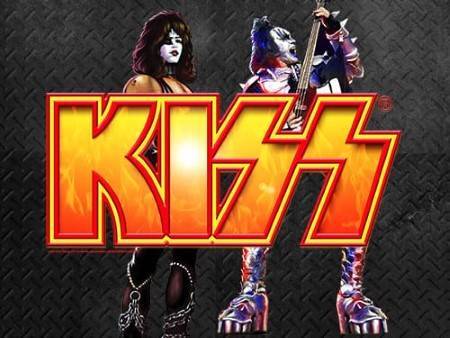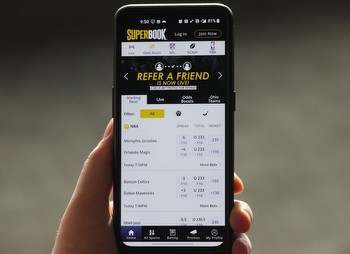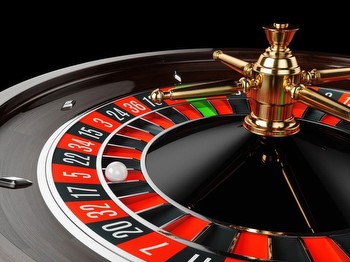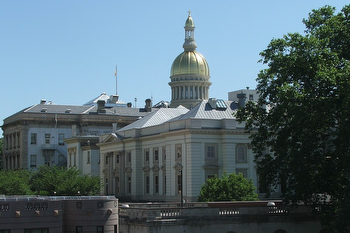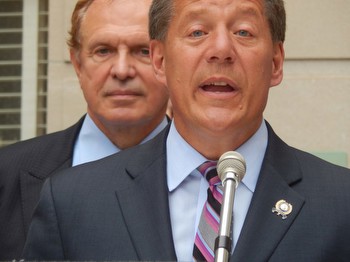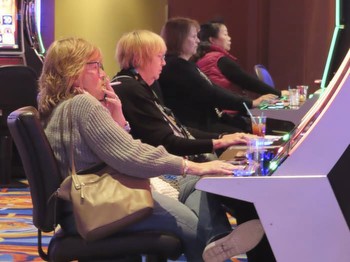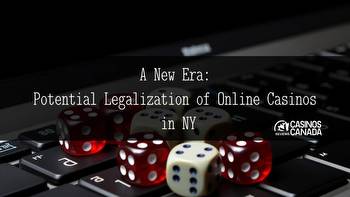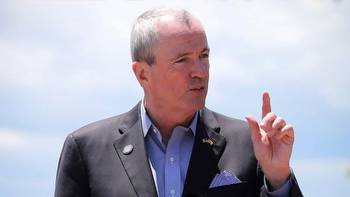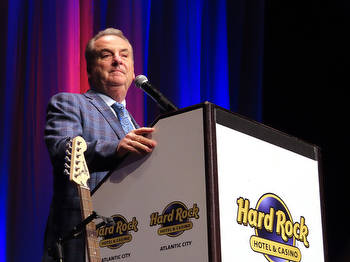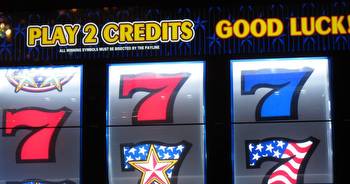New Jersey senator proposes doubling casinos' online wager tax rates
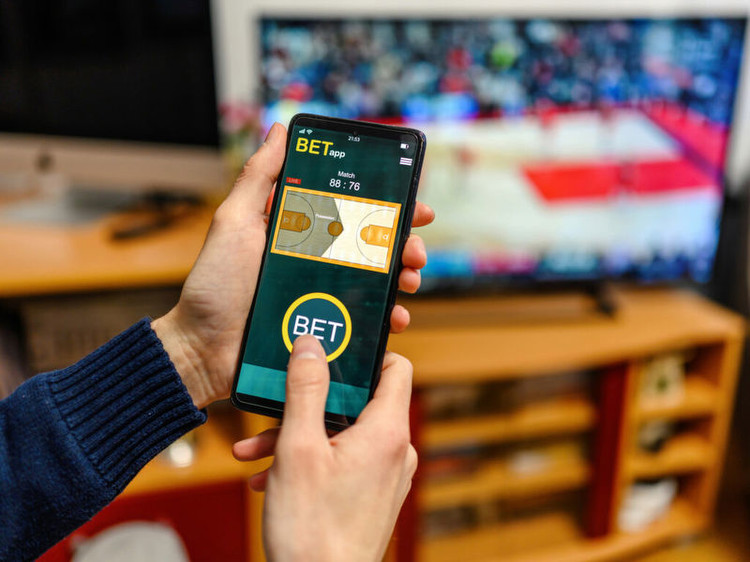
A state senator has proposed more than doubling New Jersey’s tax rates on casino wins for online wages and online sports betting, a proposal that would add hundreds of millions of dollars a year to the state’s ledger as it faces a revenue crunch.
Sen. John McKeon’s (D-Essex) bill would raise both tax rates to 30%, from 15% for online wagering and 13% for online sports betting. The revenue streams brought the state more than $414 million in 2023.
The senator said New Jersey’s current tax rates in this area are “just not commensurate with where everybody else is, and we can use the revenues.”
“This is pure profit, the majority of which is deriving from online betting, sports betting in particular,” said McKeon.
The added collections would come as New Jersey faces a sag in revenues following a post-pandemic boom fueled by surging stocks. Gov. Phil Murphy’s proposed spending plan for the fiscal year that begins July 1 includes a $2.2 billion structural deficit.
New Jersey’s early adoption of online wagering has left it with some of the lowest tax rates in the nation. Neighboring New York charges levies a 51% tax on casinos’ takings from online sports betting, and Pennsylvania imposes a 36% tax.
The senator said that disparity in tax rates should defuse arguments on regional competitiveness that helped delay passage of a bill that would’ve ended a longstanding exemption for casinos in the state’s indoor smoking ban.
And because the new tax rates would only impact casinos and racetracks, McKeon said the issue posed little risk of making New Jersey less affordable for residents.
“I was, in part, looking as to areas that wouldn’t take money out of the pocket of hard-working New Jerseyans, but out of an industry that, this year alone, on online gaming has profited $1 billion,” McKeon said.
Casinos reported more than $1.9 billion in online gaming revenue in 2023, 16% higher than the same figure in 2022. Sports wagering revenue grew by 32% year over year, rising to just over $1 billion.
Casinos are likely to oppose the tax hike, and their lobby has proven powerful in recent years. The casino smoking bill stalled despite winning sponsorships from majorities of lawmakers in both chambers.
“In that regard, I’m happy to be fearless,” the senator said.
The Casino Association of New Jersey did not return a request for comment.
McKeon added he may introduce a constitutional amendment to remove New Jersey’s ban on wagers for college sports matches held in New Jersey or involving New Jersey college athletes that could dedicate revenue to the state’s universities.
Voters defeated a similar referendum that did not include a revenue dedication 43%-57% in 2021.
Other parts of McKeon’s bill package would bar points-betting apps that allow residents under the age of 21 to place non-monetary wagers in a way the senator said echoes the tobacco industry’s embrace of candy cigarettes. The legal age for betting in New Jersey is 21.
The prohibition in McKeon’s bill would apply to no-wager gambling apps made by casinos, their contractors, and any other group with which a gaming house has a relationship.
“You go online and it doesn’t say Draft Kings, but it’s affiliated with them,” the senator said. “And it exactly mimics that site, so if you’re 15, 14, 12, or 18 … you can go on these sites and replicate exactly what you would do if you were betting real money.”
A third bill would allow individuals who voluntarily place themselves on a list to be banned from gambling in the state to lodge civil suits against casinos that allow them to gamble with reckless indifference or as a result of intentional misconduct.
That bill is partly a response to a January federal court ruling that found New Jersey casinos had no obligation to exclude problem gamblers.
“Nobody enjoys that kind of immunity anywhere. There’s even a sliver of a way to get the gun manufacturers now,” McKeon said. “But meanwhile, if you’re a casino, you can take advantage of somebody you know you can take advantage of with no recourse.”







